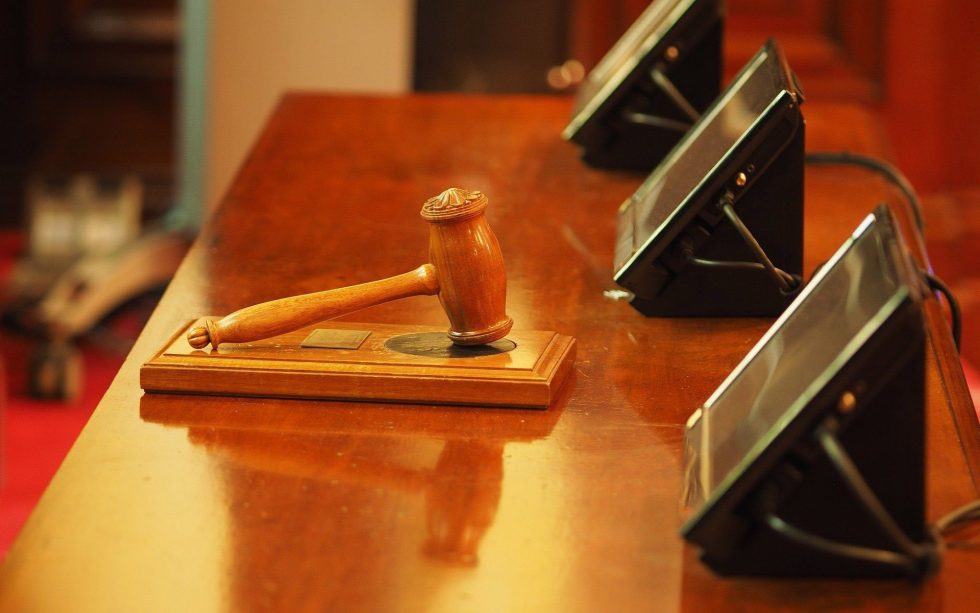After a year of appeals, a US court has finally granted a dismissal for the lawsuit of United Corp. against Bitmain, Kraken, Roger Ver and others in the crypto space.
Bitmain, Kraken and Others Off the Hook For Now
The lawsuit (United American Corp. Vs. Bitmain, Inc. et al), which called for a $4 billion compensation for the actions of the Kraken exchange, Bitmain, and Roger Ver, was dismissed. Now, United Corp. has the chance to refile the lawsuit with a deadline on February 8.
The lawsuit was dismissed for lack of jurisdiction and a failure to state a claim. United Corp., a mining company with significant investments in the past few years, claimed its investments were hurt by the concerted actions of the prominent Bitcoin Cash supporters.
Namely, the problems seemed to stem from the so-called “hash wars”, which started after Bitcoin Cash and a new chain, Bitcoin SV, competed over 11 days to produce the longest chain. But the events did not end there – the Kraken exchange was the first one to award the BCH ticker to the chain known as Bitcoin ABC. This led to a price re-estimation, in which the BCH market price crashed from $400 to $200 overnight.
Price Crash Hurt United Corp. Earnings from Block Rewards
For United Corp., the price crash meant mining rewards were significantly lower. However, the claims did not convince the court that the plaintiff had a case. United Corp. made claims that Kraken, Ver, and Bitmain had effectively broken the Sherman Act and the Clayton Act, and exhibited negligence, negligent misrepresentation, unjust enrichment, and conversion.
It is difficult to estimate whether the different entities conspired to achieve the aims. However, what is known is that Bitmain may have supported one of the chains actively – the Bitcoin ABC version. Kraken itself also supported this version, later delisting BSV. Roger Ver has also endorsed the Bitcoin ABC version, shilling for the hard fork.
The Bitcoin Cash project has adopted a schedule of regular hard forks coming roughly every six months. The next hard fork may generate a new mechanism of block reward distribution, resulting in a “miner tax.”
During the November hash wars in 2018, the Bitcoin Cash network reached peak activity at 7.88 EH/s. Currently, the rate is about 3.99 EH/s, with a strong growth trend in the past weeks. But the peak mining activity may have cost United Corp. a significant number of block rewards, which could later be only sold at a depressed price.
What do you think about the dismissal of the United Corp. claim? Share your thoughts in the comments section below!
Images via Shutterstock
